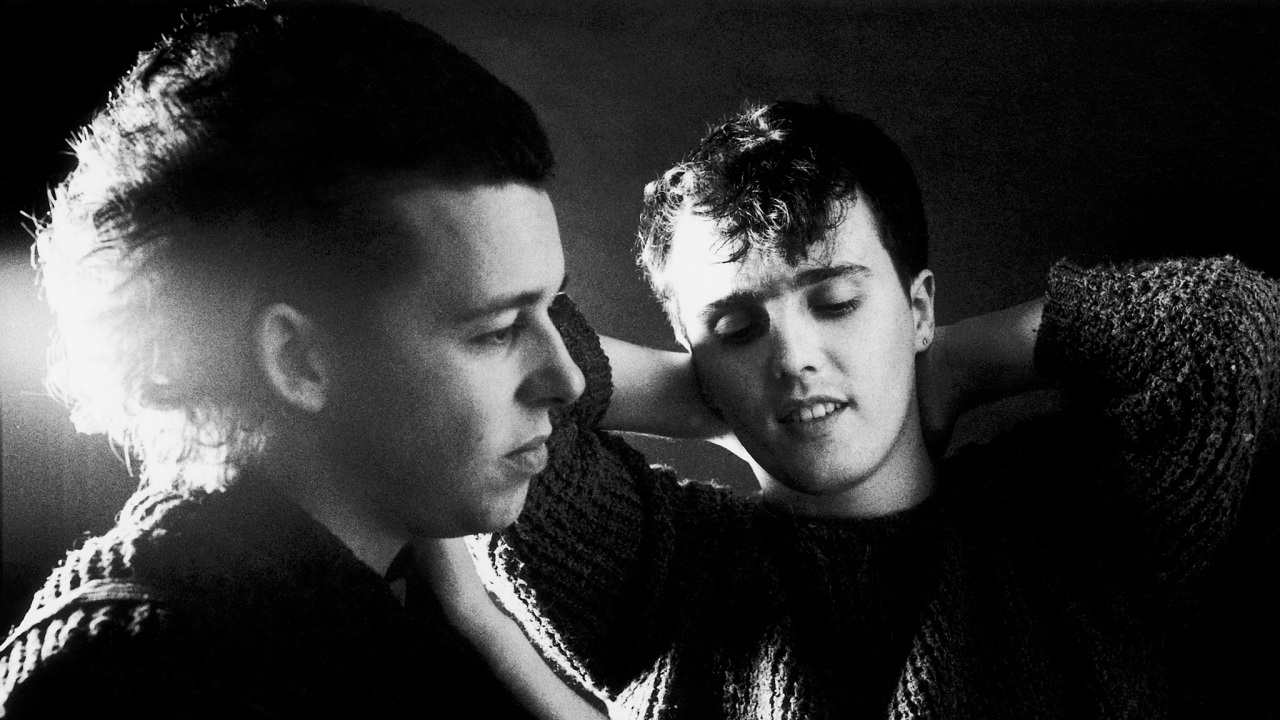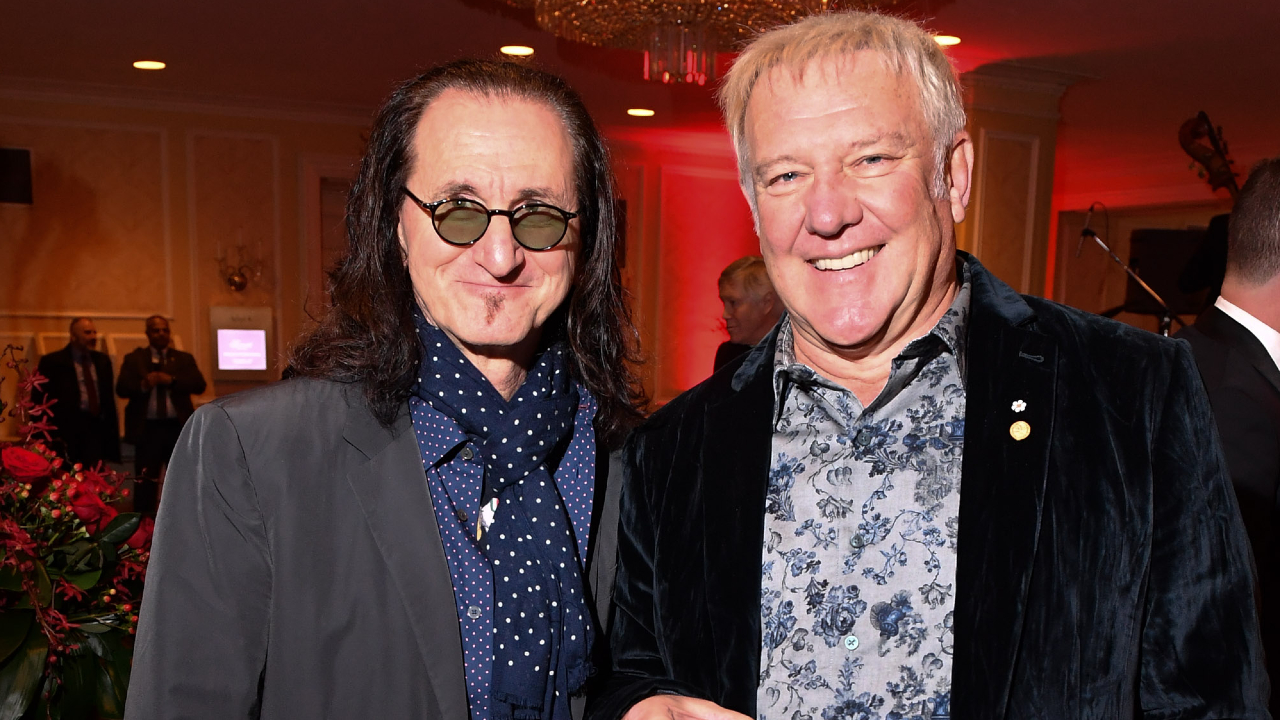How Prog Were Tears For Fears?
Tears For Fears were the proggiest duo of the ‘80s, says our man in the know...

Select the newsletters you’d like to receive. Then, add your email to sign up.
You are now subscribed
Your newsletter sign-up was successful
Want to add more newsletters?

Every Friday
Louder
Louder’s weekly newsletter is jam-packed with the team’s personal highlights from the last seven days, including features, breaking news, reviews and tons of juicy exclusives from the world of alternative music.

Every Friday
Classic Rock
The Classic Rock newsletter is an essential read for the discerning rock fan. Every week we bring you the news, reviews and the very best features and interviews from our extensive archive. Written by rock fans for rock fans.

Every Friday
Metal Hammer
For the last four decades Metal Hammer has been the world’s greatest metal magazine. Created by metalheads for metalheads, ‘Hammer takes you behind the scenes, closer to the action, and nearer to the bands that you love the most.

Every Friday
Prog
The Prog newsletter brings you the very best of Prog Magazine and our website, every Friday. We'll deliver you the very latest news from the Prog universe, informative features and archive material from Prog’s impressive vault.
They’re the subject of the current issue’s Outer Limits feature. And they, were, says our man inn the know, very proggy indeed…
Certainly The Pet Shop Boys, Soft Cell, Erasure, Go West and Yazoo were quite a bit less prog.
Draper noted, correctly, a definite prog ambition in their words and music._ Start of The Breakdown_, the closing track from The Hurting, was “really proggy”, he noted, perhaps thinking of Mel (Alan Parsons Project) Collins’ flute solo or the jazzy percussion of Ross Cullum, who has worked with everyone from Kate Bush to Karlheinz Stockausen and was usually heard listening, in between recording sessions, to John Coltrane. The fact that The Hurting was a concept album of sorts, about TFF boys Roland Orzabal and Curt Smith’s dysfunctional childhoods, added to their PQ (Prog Quotient).
Songs From The Big Chair had an even higher PQ. Listen to Broken - it sounds like Yes jamming with Asia. Or the seven-minute Listen, which features a soaring vocal from Marilyn Davis that has Clare Torry circa Great Gig In The Sky written all over it.
I Believe (see end of feature) is a near relation of Wyatt’s Shipbuilding. Mothers Talk is a distant cousin of Weather report. And there is a pomp and majesty to the production and arrangements of singles like Shout and Everybody Wants To Rule The World that were none more prog. No wonder Orzabal admitted in that recent edition of Prog: “We were trying to out-Horn Trevor!
Then there’s The Seeds Of Love, whose credits read like something off a prog album, with names such as world music prime mover Jon Hassell on trumpet, Pete Hope-Evans of Medicine Head on harmonica, Horn’s right-hand-man Luis Jardim on percussion and Phil Collins and Simon Peter Phillips (Mike Oldfield, The Who) on drums. And tracks like Swords And Knives and Year Of The Knife were object lessons in excess and sonic bombast.
Still think they’re a couple of pop muppets from Bath?
Sign up below to get the latest from Prog, plus exclusive special offers, direct to your inbox!
Paul Lester is the editor of Record Collector. He began freelancing for Melody Maker in the late 80s, and was later made Features Editor. He was a member of the team that launched Uncut Magazine, where he became Deputy Editor. In 2006 he went freelance again and has written for The Guardian, The Times, the Sunday Times, the Telegraph, Classic Rock, Q and the Jewish Chronicle. He has also written books on Oasis, Blur, Pulp, Bjork, The Verve, Gang Of Four, Wire, Lady Gaga, Robbie Williams, the Spice Girls, and Pink.

